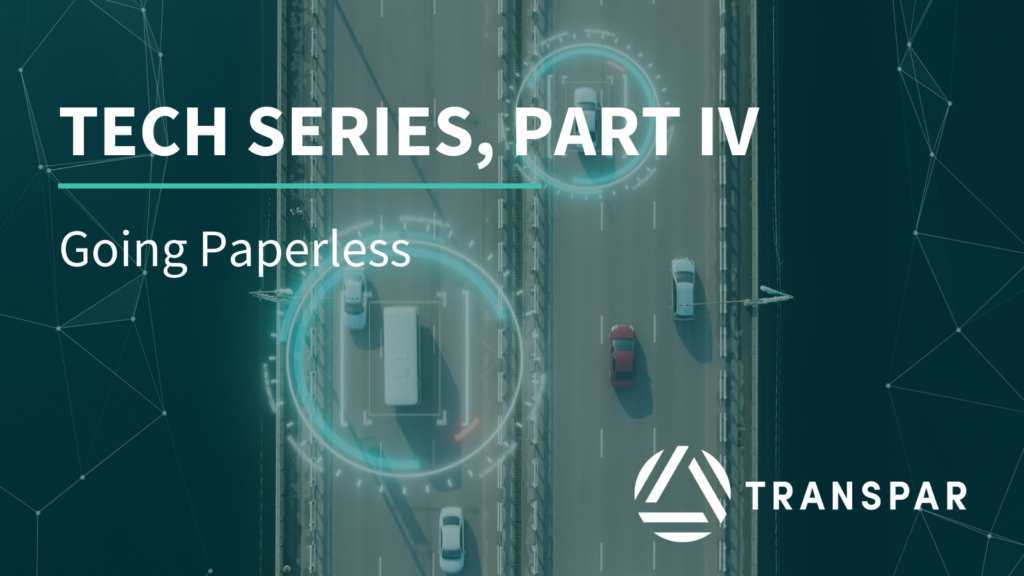
With each passing year, the school transportation industry moves closer to meeting the demands of the largely digital (and automated) world. Modern technology has allowed for historically time-consuming and manual tasks to be reborn with a digitally-focused strategy, and in the midst of an enduring health pandemic, this need has never been more prevalent. In this 4-part blog series, Technology & the New Transportation Environment, TransPar takes a look at the technologies and innovations that kept school transportation safe for its passengers and transportation professionals throughout the height of the COVID-19 pandemic.
In today’s climate, it’s not uncommon to get inundated with all the bells and whistles that come along with modern technology, and to feel overwhelmed by the choices available to solve a myriad of problems. Knowing that resource, budget, legislation, and staffing constraints exist, it’s not always easy to pick a fresh platform and implement rapid change to keep up with increasing demands. Planning for an overhaul of daily practices, data collection approaches, departmental policies, and starting anew is intricately challenging not only due to specific timeline requirements, but also by the stress it places on an already lean staff.
One of the ways that TransPar is helping our partners introduce a management plan that addresses the need to tackle necessary technology upgrades is by taking a step back from the bigger picture and focusing on the details. Asking questions like, “How much paper are you using daily and how much is that costing you?” can help narrow in on potential savings and pinpoint where technology may aide in system goals.
It’s no secret that, for decades, student transportation organizations have relied on paper trails to conduct the transfer of information. Paper is thin, and easy to handle and store, yet often leads to miscommunication, lost information, and space concerns. So if one of the barriers to upgrading technology is a heavy reliance on paper – one of our first steps is uncovering ways to streamline and digitize processes and build from there.
In Bethlehem, Pennsylvania, we’ve done just that. Our Transportation Manager, Jenny Casebolt-Robinson, has successfully transferred bus conduct forms, route bids, incident reports, stop arm violations, and evacuation drill reports to a digital format within Google Documents. Local staff has been responsive to the changes made and feedback has been overwhelmingly positive. Small changes often have significant impact.
Are you ready to up your technology game? Talk with us about how we may help you find a sustainable path to your technology goals.
